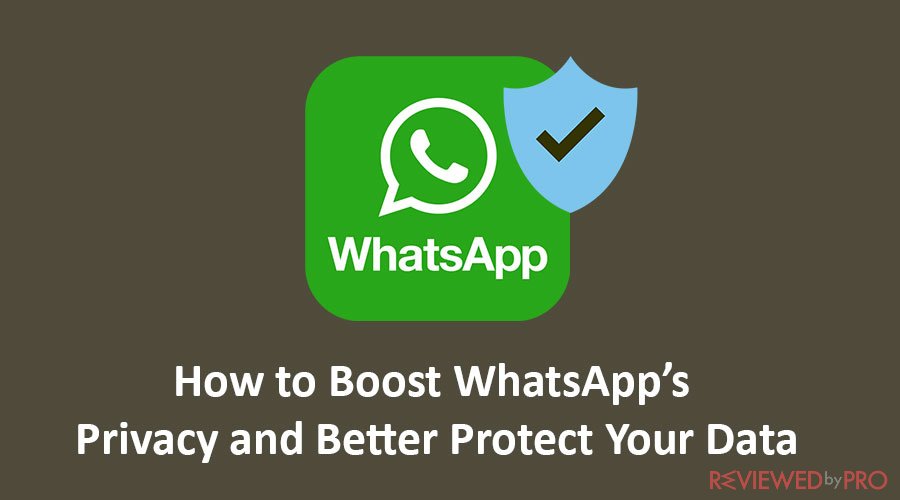
WhatsApp, as a default, utilizes end-to-end encryption, ensuring that no one at Meta (formerly known as Facebook) can access or extract data from the messages you send. All forms of communication on WhatsApp, including texts, photos, videos, voice messages, documents, status updates, and calls, are encrypted, and only the intended recipients have the ability to access them. To decode encrypted content, devices must authenticate and exchange security codes during the message transfer process.
The encryption protocol employed by WhatsApp originated from Open Whisper Systems, the creators of Signal, an encrypted messaging app. Over time, WhatsApp has introduced additional privacy and security features that users can enable. Despite the protection provided by WhatsApp's end-to-end encryption, it is important to note that the service may not offer the same level of default privacy as its rival Signal. For individuals seeking maximum security and privacy options, Signal is recommended.
Nevertheless, given WhatsApp's unparalleled popularity with over a third of the global population using it, it may not be feasible to convince all of your friends, family, and groups to switch to Signal. If transitioning to Signal is not yet a possibility, here are some tips to maximize your privacy on WhatsApp.
How to Boost WhatsApp’s Privacy?
Protecting your privacy and data on WhatsApp is crucial in today's digital world. Here are some tips to boost your privacy and enhance the security of your data on WhatsApp:
-
Enable Two-Step Verification: Activate WhatsApp's two-step verification feature. This adds an additional layer of security by requiring a PIN code when registering your phone number with WhatsApp. It prevents unauthorized access even if someone gets hold of your SIM card.
-
Manage Privacy Settings: Open the “Settings” menu in WhatsApp and navigate to “Account” and then “Privacy.” Here, you can control who can view your profile picture, status, and last seen timestamp. You can also choose who can add you to groups. Adjust these settings based on your preferences and desired level of privacy.
-
Use Strong, Unique Passwords: Avoid using common passwords and choose a strong, unique password for your WhatsApp account. Using a password manager can help you generate and manage complex passwords effectively.
-
Be Cautious with Backups: WhatsApp offers the option to back up your chats and media to cloud storage services like Google Drive or iCloud. Ensure that your backups are encrypted and password-protected. Regularly review and delete any old or unnecessary backups.
-
Enable Security Notifications: Activate WhatsApp's security notifications to receive alerts when someone tries to register your phone number on another device. This provides an extra layer of protection against unauthorized access.
-
Verify Contacts and Messages: Before sharing sensitive information or responding to messages, verify the identity of the contact. Be cautious of unexpected messages or requests for personal information, as these may be attempts at phishing or social engineering.
-
Update WhatsApp Regularly: Keep your WhatsApp application up to date. Developers release security patches and bug fixes in updates, which help protect against known vulnerabilities and potential exploits.
-
Exercise Caution with Third-Party Apps: Avoid using unofficial or unauthorized WhatsApp applications or plugins, as they may compromise your privacy and security. Stick to the official WhatsApp application downloaded from trusted sources.
-
Limit Data Sharing with Facebook: WhatsApp shares some data with its parent company, Facebook. Review and manage your data sharing preferences by going to “Settings,” then “Account,” and “Share my account info” in the WhatsApp app.
-
Stay Informed: Stay updated on the latest privacy settings, features, and security practices recommended by WhatsApp. Regularly review their official website, blog, and help center for any relevant information.
By implementing these practices, you can enhance the privacy and security of your WhatsApp communications and better protect your personal data.




